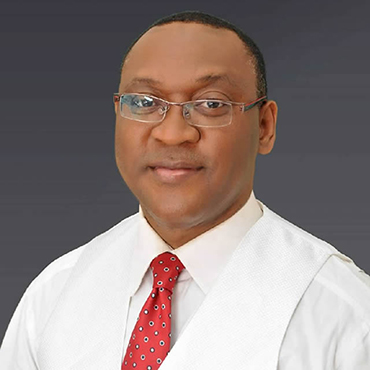A new survey conducted by PriceWaterhouseCoopers (PwC), a leading global research and consulting firm, has indicated that the rate of economic crime in Nigeria may have risen by over 100 percent between year 2016 and 2017 based on latest findings.
The report of the survey titled ‘Global Economic Crime and Fraud Survey’, which examined over 7,200 respondents from 123 countries, including Nigeria, showed that there was an upsurge in the economic crime rates across geo-political frontiers covered globally.
Specifically, the survey showed that findings from Nigeria followed a similar pattern with 57 percent of respondents reporting that their organisations have been victims of economic crime in Nigeria within the last two years, up from 26 percent in 2016.
In the bi-annual survey of business crimes, the global research and consulting firm reported that .much wider awareness and understanding of the range, threat and cost of fraud in business has driven reported economic crime to its highest level by 2017.
Overall, 49% of respondents’ globally, said their companies had suffered fraud in the last two years, up from 36% in 2016.
At the African regional level, the findings also reflected a rising trend with 62% of respondents confirming a rising economic crime trend up from 57%) recorded in 2016. Other regional findings showed that North America rose to 54% up from 37% in 2016 while Latin America (53% up from 28%) reported the highest levels of economic crime.
The Report also showed that globally, asset misappropriation accounted for the highest rate at 45% and continues to lead in economic crime experienced by organisations in the last 24 months.
According to the survey findings, cybercrime accounted for 31% of the global economic crime rate compared with consumer fraud which rose to 29% followed by business misconduct at 28%.
However, Nigeria presents a slightly different picture with respondents indicating that Procurement fraud remained the most prevalent economic crime in Nigeria in the last 24 months at 38% in the past two years. This is followed by Bribery and Corruption at 33%, Accounting fraud at 32% and Business misconduct at 31%.
Commenting on the crime trends, PwC Nigeria’s Consulting Leader, Cyril Azobu, said: “We can’t equate higher levels of reported crime with higher levels of actual crime. What the survey is showing us is that there is far more understanding of what fraud is and where it is taking place. It’s particularly true of cybercrime, where there’s a much greater understanding of the issues, investigations, analysis, and greater investment in controls and prevention.
“However, despite the progress in understanding and reporting, the fact that just over half (51%) of respondents say they have not, or don’t know if they have experienced fraud in the past two years, suggests blind spots still exist in many organisations”, Azobu added.
This year’s survey revealed a significant increase (+6% to 52%) in the share of economic crime committed by internal actors. There was also a jump in the percentage of those crimes attributed to senior management (from 16% in 2016 to 24% in 2018). However there are regional variations. In Australia (64%), the UK (55%), Canada (58%); Argentina (44%) and the US (48%), most reported crime was committed by external actors.
According to PwC, the results underline the greater awareness and understanding of the types of fraud, perpetrators, the role of technology, and fraud’s potential impacts and costs for a business.






